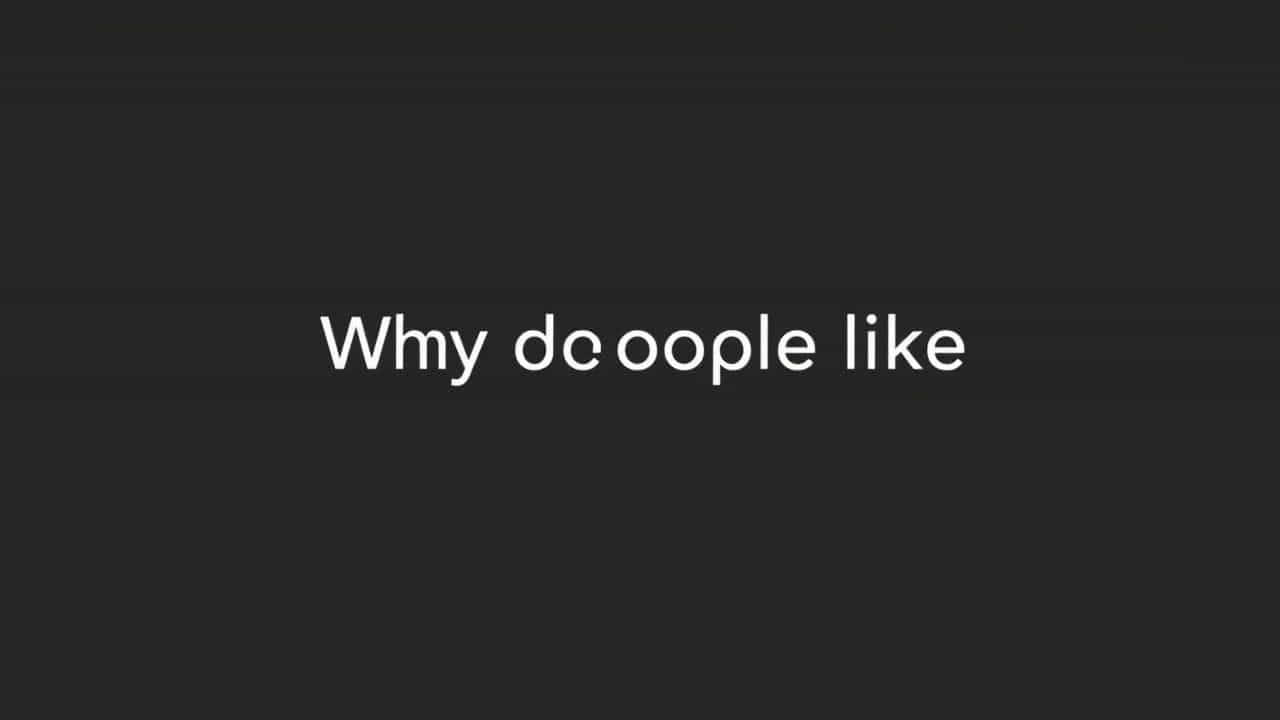Vulgarity is a common part of everyday speech, entertainment, and social interactions. From swearing in frustration to enjoying crude jokes, people often embrace explicit language and taboo topics. But why do so many people find vulgarity appealing? Is it simply a habit, or does it serve a deeper psychological and social function?
This topic explores the reasons why people enjoy vulgarity, profanity, and crude humor, looking at its impact on expression, communication, and entertainment.
1. The Emotional Release of Swearing
A Natural Stress Reliever
When people stub their toe, get angry, or feel frustrated, they often let out a curse word. Research suggests that swearing helps with pain tolerance and stress relief. Using vulgar words can act as an emotional outlet, allowing people to release built-up frustration in a quick and powerful way.
Expressing Strong Emotions
Profanity is often used to emphasize emotions, whether it’s anger, excitement, or surprise. A simple statement can sound much stronger when paired with a swear word or crude expression. This is why people use vulgarity when reacting to shocking news, arguing, or even celebrating.
2. The Appeal of Forbidden Language
Breaking Social Norms
Since childhood, people are told that certain words and topics are inappropriate. This makes vulgarity feel rebellious and exciting. Saying something crude can give a sense of freedom and defiance, making it appealing to those who enjoy challenging societal norms.
Shock Value and Attention
Vulgarity grabs attention because it is unexpected or shocking. Many comedians, musicians, and entertainers use explicit language to make their content stand out. Whether it’s a stand-up comedy routine or a song with explicit lyrics, vulgarity can make an impact and entertain audiences.
3. The Role of Vulgarity in Humor
Crude Jokes and Laughter
Many people enjoy dirty jokes and crude humor because they involve taboo topics. When something is considered off-limits, it becomes even funnier when used in a joke. This type of humor can lighten the mood, helping people laugh about things they normally avoid discussing.
Bonding Through Humor
Sharing explicit jokes and vulgar language can strengthen relationships. People often use inside jokes and crude humor to feel more connected with friends and colleagues. It creates a sense of comfort and openness, making it easier to communicate without judgment.
4. Vulgarity in Popular Culture and Media
Music and Movies
Many hit songs and blockbuster movies contain explicit language and vulgar themes. From rap lyrics filled with profanity to R-rated comedy films, people enjoy entertainment that feels raw and unfiltered. This reflects a desire for authenticity and realism in storytelling.
Social Media and Online Culture
On platforms like TikTok, Twitter, and YouTube, vulgar language is common in memes, videos, and posts. People use it to sound more relatable, humorous, or rebellious. The internet has made swearing and crude humor more mainstream, making it an accepted part of online communication.
5. The Psychology of Swearing and Confidence
Assertiveness and Power
Studies show that people who use controlled profanity often appear more confident and persuasive. In some cases, using a well-placed swear word can make a statement sound more passionate and convincing.
Authenticity and Honesty
Many believe that people who swear openly seem more honest and real. Since vulgarity is often unfiltered, it gives the impression that someone is expressing their true thoughts and emotions. This is why some public figures and influencers use profanity to connect with their audience.
6. The Negative Side of Vulgarity
Offensiveness and Respect
While some people love vulgarity, others find it offensive and disrespectful. In professional or formal settings, excessive swearing can be seen as unprofessional or rude. Understanding the right time and place for vulgarity is essential to avoid offending others.
Overuse and Losing Impact
If someone swears too often, the words lose their impact. Vulgarity works best when used strategically rather than in every sentence. Overuse can make a person sound aggressive, immature, or even unintelligent.
7. Why Do Some People Avoid Vulgarity?
While many people enjoy explicit language and humor, others prefer to avoid it for personal, cultural, or religious reasons. Some believe that clean speech reflects discipline and respect, while others simply don’t find vulgarity appealing.
People like vulgarity for many reasons it provides an emotional release, enhances humor, creates social bonds, and adds authenticity to conversations. Whether in music, comedy, or daily interactions, swearing and crude humor continue to be a part of human expression. However, understanding when and where to use vulgarity is key to balancing its benefits with social expectations.
